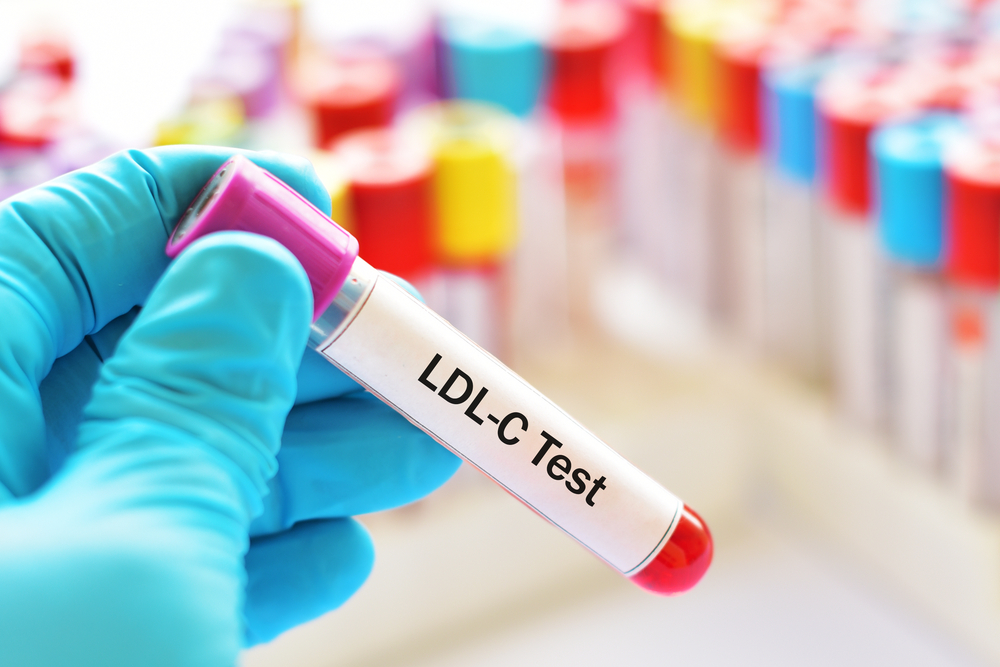DIAGNOSIS
The doctor will determine your risk for cardiovascular diseases. He or she may request for laboratory exams, which may include the following:
- Total cholesterol
- LDL cholesterol
- HDL cholesterol
- Triglycerides
- ECG
TREATMENT
Good health habits such as exercising and consuming a healthy diet can protect you against elevated LDL cholesterol levels. If you’ve made these lifestyle modifications and your cholesterol levels are still increased, you may be given medicines.
The choice of medicine or mix of prescriptions relies upon different things such as your age and overall health. These medicines may include the following:
Statins
Statins hinder the substance that your liver needs to make cholesterol. This removes cholesterol from your blood through the liver. Examples are atorvastatin and simvastatin.
Bile-acid-binding resins
The liver needs cholesterol to make bile acid which is required for digestion. Cholestyramine, colesevelam and colestipol are resins that bring down cholesterol by binding to bile acids. Cholesterol absorption inhibitors
Your small intestine digests cholesterol from food. The medication ezetimibe lessens blood cholesterol by restricting the retention of dietary cholesterol.
Injectable medications
Another class of medications can enable the liver to retain more LDL cholesterol, which brings down cholesterol flowing in your blood. Alirocumab and evolocumab might be utilized for individuals who have a hereditary condition that causes large amounts of LDL or in individuals with a background of heart disease and who cannot tolerate to statins or other cholesterol drugs.


